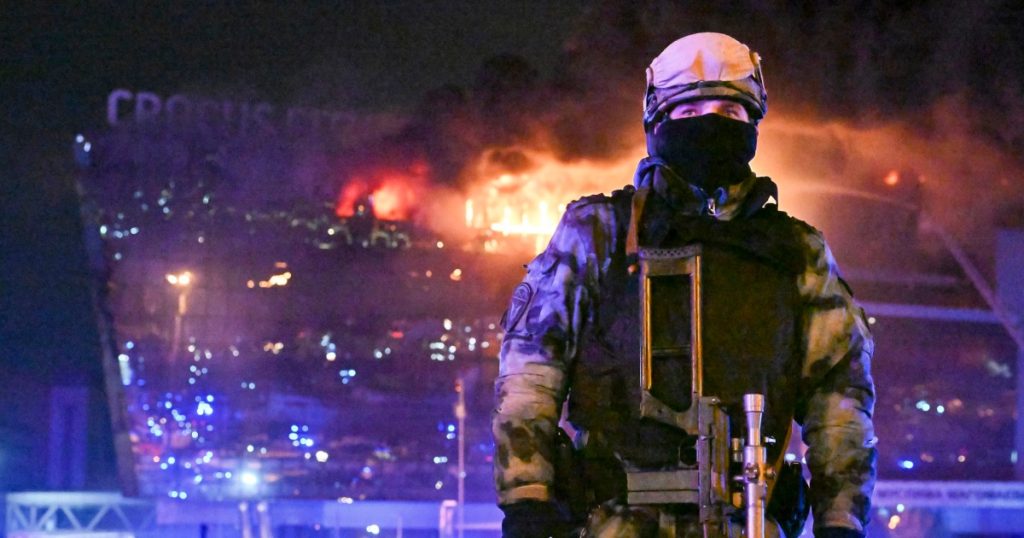U.S. intelligence officials consider China and Russia as the biggest threats facing the United States, along with cyberattacks, pandemics, and climate change. Islamic extremist terrorism, which was a major concern post-9/11, has diminished in importance, but recent attacks have proven that the threat still exists. The group responsible for the attacks, ISIS-K, has become one of the most dangerous terrorist organizations and has carried out devastating attacks in Iran, Moscow, and Kabul. Despite the defeat of the core ISIS in Syria, ISIS-K remains active in Afghanistan, Pakistan, and Iran, with aspirations to attack Europe and the U.S.
American defense officials, such as Gen. Michael Kurilla, have emphasized the continued threat posed by ISIS-K, which has the capability and intent to attack U.S. and Western interests. With thousands of members on the ground in Afghanistan, ISIS-K continues to be a formidable force that must be monitored closely. The U.S. has had some success in predicting ISIS-K’s plans, issuing warnings to countries like Iran and Russia before potential attacks. However, concerns remain about detecting lone extremist plots within the U.S. ISIS-K, founded in 2015 by breakaway members of the Pakistani Taliban, consists of individuals from Afghan, Pakistani, and Central Asian backgrounds, and is currently at war with the Taliban government in Afghanistan.
Lt. Gen. Scott Berrier of the Defense Intelligence Agency acknowledges that ISIS-K poses a significant threat, but the group is facing challenges from the Taliban regime in Afghanistan. Despite this, ISIS-K has been involved in plots in Europe, with several foiled attempts and attacks targeting Western countries. The group’s activities are being closely monitored, but the threat of attacks reaching the West remains a concern. Russia, a target of jihadis due to its history in Afghanistan, Chechnya, and Syria, has also been on high alert for potential attacks from ISIS-K and other extremist groups.
Overall, the threat of Islamic extremist terrorism, particularly from groups like ISIS-K, remains a concern for U.S. intelligence officials. While the focus has shifted to other global threats, recent attacks in Iran, Moscow, and Kabul serve as a reminder of the ongoing danger posed by these organizations. Continued surveillance and intelligence sharing are crucial in detecting and preventing potential attacks, both abroad and within the United States. The evolving nature of terrorist threats requires constant vigilance and cooperation among international partners to address these challenges effectively.


